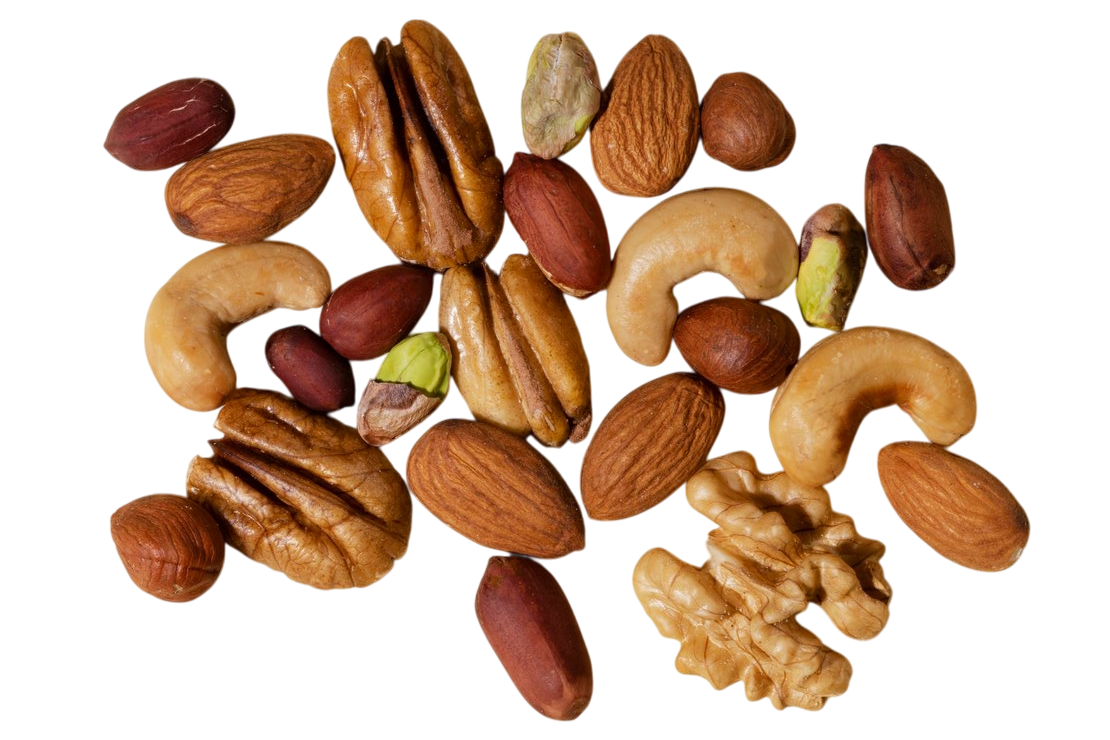Magnesium
What is Magnesium?
Magnesium is a mineral present in a range of foods including spinach and nuts. The UK government recommends a magnesium intake of 300mg per day for male adults and 270 mg per day for female adults. Approximately 30-40% of magnesium consumed from the diet is absorbed by the body. For example eating 30g Brazil nuts and 30g sunflower seeds would meet this intake target.

What is the role of Magnesium?
Magnesium is involved in releasing energy from food and supporting the normal function of bones, muscles and nerves. This mineral also ensures the normal functioning of the parathyroid glands (found in the neck) which are important in the production of hormones for bone health.
What foods contain Magnesium?
Foods rich in magnesium include spinach, nuts, legumes, and whole grains such as whole meal bread. Magnesium is also found in some fortified foods, such as breakfast cereals. A healthy, balanced diet should enable people to meet these recommendations.

Further Resources:
References:
Public Health England (2016). Government Dietary Recommendations: Government recommendations for energy and nutrients for males and females aged 1 –18 years and 19+ years. Available at:
https://assets.publishing.service.gov.uk/media/5a749fece5274a44083b82d8/government_dietary_recom
mendations.pdf [Accessed 21 Aug 2024].
National Health Service (2020). Others: Vitamins and minerals. Available at: https://www.nhs.uk/conditions/vitamins-and-minerals/others/ [Accessed 11 September 2024].
National Institutes of Health (2022). Magnesium: Fact sheet for health professionals. Available at:
https://ods.od.nih.gov/factsheets/Magnesium-HealthProfessional/ [Accessed 11 September 2024]
Written By:
Lucy Clarkson, SENR Nutritionist and Database Support, myfood24.











 Back to knowledge library
Back to knowledge library